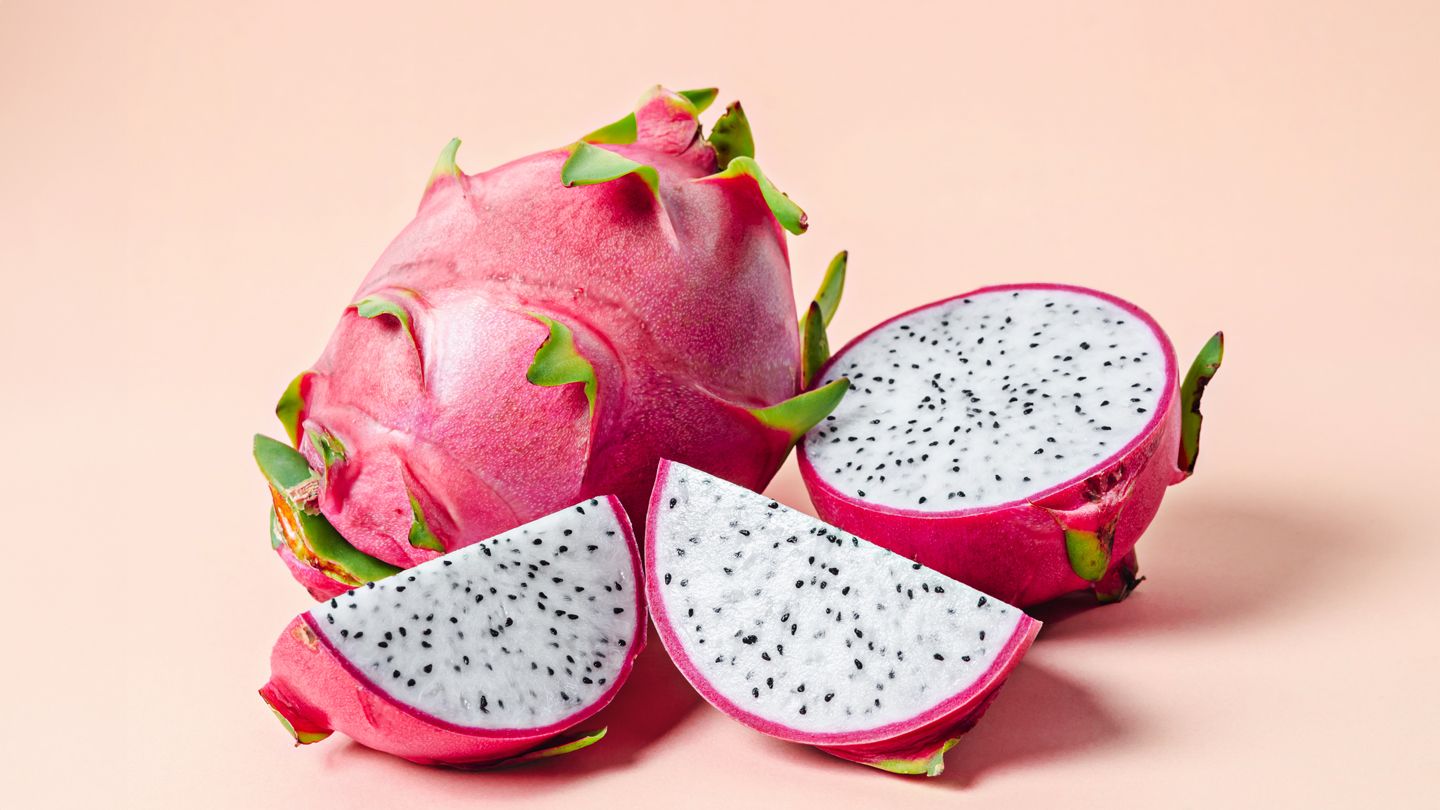Pineapple, a tropical fruit known for its tangy sweetness, is more than just a refreshing treat. This juicy fruit is packed with nutrients, antioxidants, and enzymes that can benefit your body in countless ways.
Read Also: Health Benefits Of Dragon Fruits
From supporting your immune system to improving digestion, pineapples have earned their place as a superfood. In this article, we will explore the 12 impressive health benefits of pineapple and why you should consider incorporating it into your daily diet.
What Is Pineapple?
Pineapple (Ananas comosus) is a tropical fruit native to South America, but it is now widely cultivated in many tropical and subtropical regions around the world. Its distinct sweet and tart flavor makes it a popular ingredient in both sweet and savory dishes. Pineapple is not only known for its taste but also for its powerful health benefits, thanks to its rich nutrient profile.
Nutritional Profile of Pineapple
Pineapples are low in calories but packed with essential vitamins, minerals, and antioxidants. Here’s a quick overview of the nutrients found in a one-cup (165 grams) serving of pineapple:
- Calories: 82.5 kcal
- Carbohydrates: 22 grams
- Protein: 1 gram
- Fiber: 2.3 grams
- Vitamin C: 131% of the Daily Value (DV)
- Manganese: 76% of the DV
- Vitamin B6: 9% of the DV
- Copper: 9% of the DV
- Thiamine: 9% of the DV
Now, let’s dive into the specific health benefits of pineapple and how this fruit can positively impact your body.
Health Benefits of Pineapple
Pineapples offer a wide range of health benefits due to their nutrient content. From boosting immunity to promoting healthy digestion, here are 12 reasons why pineapple deserves a spot in your diet.
1. Packed with Vitamin C for Immune Support
Pineapples are an excellent source of vitamin C, which is crucial for maintaining a healthy immune system. Vitamin C helps stimulate the production of white blood cells, which are essential for fighting off infections. Including pineapples in your diet can help protect your body from common illnesses like the flu and colds.
2. Promotes Healthy Digestion
One of the most well-known benefits of pineapple is its ability to aid digestion. Pineapple contains a group of digestive enzymes called bromelain, which helps break down proteins into amino acids. This makes it easier for your body to digest food and absorb nutrients. Pineapple is also a good source of dietary fiber, which further supports digestive health by promoting regular bowel movements.
3. Rich in Antioxidants to Fight Inflammation
Pineapple is loaded with antioxidants, including flavonoids and phenolic acids. These antioxidants help protect your body from oxidative stress, a process that damages cells and contributes to chronic inflammation. By neutralizing free radicals, the antioxidants in pineapple can reduce inflammation and lower the risk of developing chronic diseases like heart disease and cancer.
4. Supports Weight Loss and Metabolism
Pineapples are low in calories and high in fiber, making them an excellent choice for those trying to lose weight or maintain a healthy weight. The fiber content helps you feel fuller for longer, reducing the likelihood of overeating. Additionally, the bromelain in pineapples may help improve metabolism, assisting your body in breaking down fats more efficiently.
5. May Reduce the Risk of Cancer
Bromelain, the enzyme found in pineapples, has been studied for its potential anti-cancer properties. Some research suggests that bromelain may help inhibit the growth of cancer cells and reduce the spread of tumors. Pineapples’ antioxidant content also contributes to their cancer-fighting potential by reducing oxidative stress, a factor in cancer development.
6. Enhances Skin Health
Vitamin C isn’t just beneficial for your immune system—it also plays a vital role in maintaining healthy skin. Pineapples provide more than 100% of your daily vitamin C needs, which helps boost collagen production, the protein responsible for skin elasticity and strength. Regular consumption of pineapple can lead to smoother, firmer, and more youthful-looking skin.
7. Strengthens Bones
Pineapples are a good source of manganese, a mineral that is essential for maintaining healthy bones. Manganese helps in the formation of bone tissue and enhances mineral density, which can prevent osteoporosis and fractures. Including manganese-rich foods like pineapple in your diet supports strong and healthy bones, especially as you age.
8. May Improve Heart Health
The antioxidants in pineapples, combined with their anti-inflammatory properties, can help promote heart health. Pineapple consumption has been linked to lower cholesterol levels, reduced blood pressure, and improved circulation. These benefits contribute to a reduced risk of heart disease and stroke.
9. Boosts Eye Health
Pineapples contain beta-carotene and vitamin A, both of which are crucial for maintaining good vision. Regular consumption of pineapple may reduce the risk of age-related macular degeneration (AMD), a condition that affects the retina and can lead to vision loss in older adults. The antioxidants in pineapple also help protect your eyes from oxidative damage.
10. Reduces Inflammation and Speeds Up Recovery
The bromelain in pineapples isn’t just beneficial for digestion—it also has anti-inflammatory properties that can aid in recovery from injuries and surgeries. Bromelain has been shown to reduce swelling, bruising, and pain associated with trauma or surgery. This makes pineapple an excellent post-workout snack for athletes and anyone looking to speed up recovery.
11. Helps with Arthritis Symptoms
If you suffer from arthritis, pineapple may offer some relief. The bromelain in pineapple has been studied for its ability to reduce the pain and swelling associated with osteoarthritis and rheumatoid arthritis. Its anti-inflammatory properties help to ease joint pain and improve mobility, making it a natural remedy for arthritis symptoms.
12. Supports Oral Health
Pineapples contain natural astringent properties that help strengthen gums and teeth. The high vitamin C content also plays a role in preventing gum disease by reducing inflammation and supporting tissue repair. Eating pineapple regularly can help maintain healthy gums and protect against oral health issues like gingivitis.
How to Incorporate Pineapple Into Your Diet
Now that you know the incredible health benefits of pineapple, let’s talk about how to add this tropical fruit to your daily meals. Here are some delicious and easy ways to enjoy pineapple:
Fresh Pineapple
The simplest way to enjoy pineapple is to eat it fresh. You can cut it into chunks or slices and eat it as a snack, add it to fruit salads, or top your yogurt or oatmeal with it for a tropical twist.
Pineapple Smoothies
Pineapple is a great addition to smoothies. Its sweetness pairs well with other fruits like bananas, mangoes, and berries. Blend it with some spinach, almond milk, and a handful of nuts for a nutrient-packed green smoothie.
Grilled Pineapple
Grilling pineapple caramelizes its natural sugars, enhancing its sweetness. Try adding grilled pineapple slices to salads, burgers, or serve them as a side dish with your favorite grilled meats.
Pineapple Salsa
For a zesty and flavorful side dish, make a pineapple salsa by combining diced pineapple with tomatoes, red onion, cilantro, and a squeeze of lime juice. This salsa pairs perfectly with grilled chicken, fish, or tacos.
Final Thoughts
Pineapple is a versatile and delicious fruit that offers a wide array of health benefits. From boosting your immune system and improving digestion to enhancing skin health and reducing inflammation, this tropical fruit is a powerhouse of nutrients. Whether you eat it fresh, grilled, or in a smoothie, pineapple can easily be incorporated into your diet and enjoyed year-round.
FAQs
Q1: Is pineapple good for weight loss?
Yes, pineapple is low in calories and high in fiber, which can help you feel full and prevent overeating, making it a great option for weight management.
Q2: Can eating too much pineapple be harmful?
While pineapple is healthy, eating too much can cause mouth irritation due to its acidity and bromelain content. Moderation is key.
Q3: Can pineapple improve digestion?
Yes, the bromelain enzymes in pineapple aid in breaking down proteins, improving digestion, and supporting gut health.
Q4: Is pineapple good for people with diabetes?
Pineapple is relatively high in natural sugars, so people with diabetes should consume it in moderation and monitor their blood sugar levels.
Q5: Can pineapple help reduce inflammation?
Yes, the bromelain in pineapple has anti-inflammatory properties that can help reduce swelling and alleviate pain from conditions like arthritis or injury.



[…] Benefits: Amazing Nutrional Value 12 Incredible Health Benefits of Pineapple: Why You Should Add It to Your Diet October 15, […]